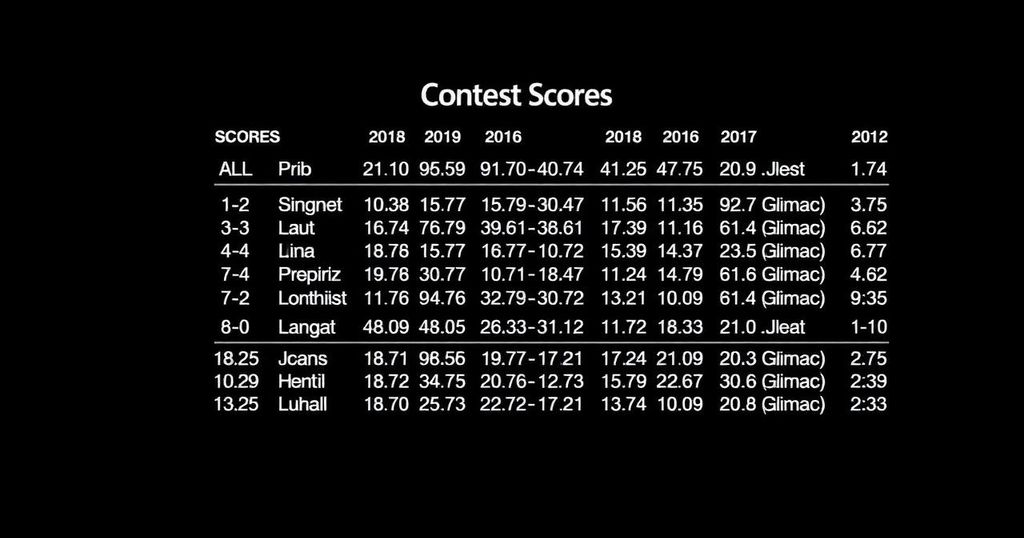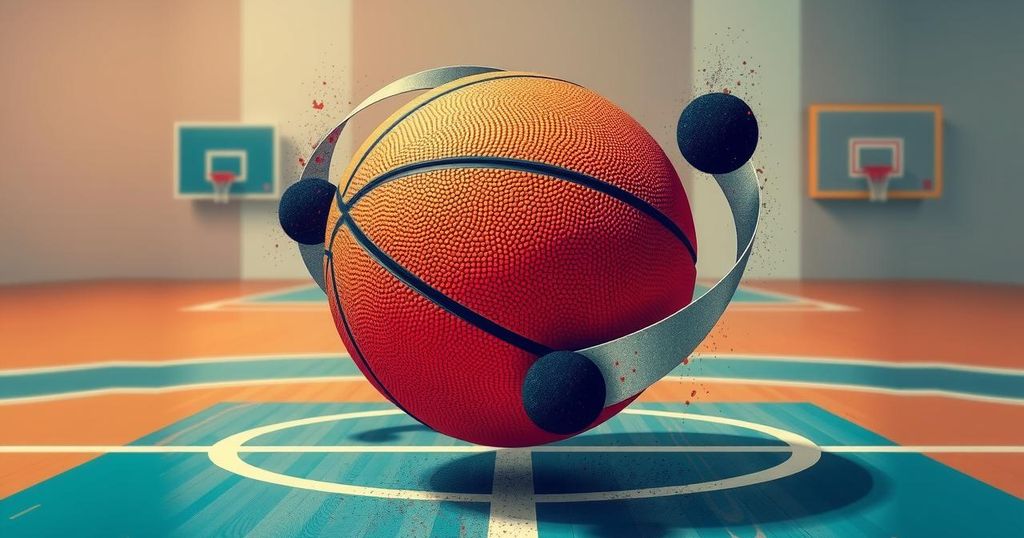Romanian Committee Appeals Gymnast’s Score After Floor Final Controversy
Summary
The Romanian Olympic Committee has appealed gymnast Sabrina Maneca-Voinea’s score following a controversial inquiry that changed the results in the women’s floor exercise final at the 2024 Olympics. Maneca-Voinea and Ana Barbosu both scored 13.700, but lost their positions after a last-minute adjustment boosted American Jordan Chiles into medal contention. The situation has raised concerns over judging transparency and athlete welfare, prompting protests from various quarters in Romania.
At the 2024 Summer Olympics held in Paris, the Romanian Olympic Committee has lodged an appeal regarding the score awarded to their gymnast, Sabrina Maneca-Voinea, during the floor exercise final. This action follows an inquiry initiated by American competitor Jordan Chiles that resulted in a score adjustment that altered the placement of several gymnasts. Maneca-Voinea and fellow Romanian athlete Ana Barbosu both achieved scores of 13.700, with Barbosu believing she had secured a bronze medal due to a higher execution score. However, Chiles, competing last, initially ranked fifth until her score was increased by 0.1 after a review, allowing her to ascend to the podium ahead of both Romanians. Maneca-Voinea faced a deduction for stepping out of bounds during her routine; however, replays seemingly indicated she had not crossed the line. Mihai Covaliu, president of the Romanian Olympic Committee, formally protested to the International Gymnastics Federation over the handling of the scores and the lack of transparency regarding the rejection of the initial appeal, stating it detrimentally affects the athletes’ recognition and mental well-being. The Romanian Gymnastics Federation also expressed its intention to seek redress through the Court of Arbitration for Sport, particularly in connection with the inquiry initiated by Chiles’ team. The controversy surrounding the floor final has elicited significant backlash in Romania, with Prime Minister Marcel Ciolacu announcing his boycott of the closing ceremony and pledging recognition for Barbosu and Maneca-Voinea as Olympic medalists. Furthermore, Nadia Comaneci, a legendary figure in gymnastics, criticized the treatment of the athletes, emphasizing the importance of mental health in sports.
Gymnastics competitions often involve scores that can be contested through formal inquiries made by teams or coaches seeking clarification or reevaluation of scores. This event is part of a broader context where Romania, once a dominant force in gymnastics, has seen its women’s program struggle for medals in recent years, with this competition presenting a significant opportunity for success. The floor exercise results at the 2024 Olympics, which saw Romanians potentially achieving their first Olympic medal in gymnastics since 2012, were marred by controversy and perceived judicial errors, prompting a strong response from both the sports community and political figures in Romania.
The appeal by the Romanian Olympic Committee regarding Sabrina Maneca-Voinea’s score highlights significant concerns about the fairness and transparency of scoring in gymnastics. The situation has provoked emotional responses from athletes, politicians, and former gymnasts alike, emphasizing the profound impact of competitive pressures on mental health. Romania’s gymnastics legacy hangs in the balance, and the outcome of both the appeal and inquiries may have long-lasting implications for the country’s standing in the sport.
Original Source: apnews.com








Post Comment